Dogs
So You’re Thinking About Getting a Poodle

If you’re looking to add a new member to your family, then you might be considering the adorable poodle breed. While this dog may seem like it’s for everyone, not all families are suitable for this breed. However, if you’re thinking about getting one, here are some reasons to get a poodle and some reasons to keep looking at other dog breeds until you find one that’s more suitable for your household.
Who’s it best for
If you’re looking for an affectionate dog who’ll be happy to curl up in your lap and stay there all day, then a poodle might be right for you. They are also remarkably low-maintenance pets—as long as they get regular brushing and baths, they don’t need much else in terms of grooming or exercise. So if you can handle that level of commitment, we’d recommend getting yourself a poodle. Because…well…they’re pretty cute!
Who should avoid getting one
Anyone with allergies. Because poodles are high-shedding dogs, anyone allergic to hair is going to have difficulty keeping their home hypoallergenic. Also, anyone who spends a lot of time outside (beach vacations, picnics) might be better off with another breed more tolerant of sun and heat. People who live in small apartments or houses will want to steer clear of getting one too because they’re an active breed and require exercise every day.
Where to get a poodle
Researching your breeder should be one of your top priorities when looking to buy a new pup. Does she have references from people whose dogs have recently been purchased? Is she regularly in contact with them? (This helps you gauge how responsive she is once you’ve brought home your dog.) Are her puppies’ parents screened for health issues such as hip dysplasia or heart disease? (Not all breeders test their dogs, so it’s always good to ask.) And perhaps most importantly, does she spend as much time educating you about your new poodle’s needs and personality as she does selling her pups? These are all signs of an excellent breeder.
How much grooming do poodles need?
The grooming process for poodles is going to take some time. Generally, you’ll need to brush your poodle daily, and they will also require regular trips to your groomer. Because of their high water content, most poodles require professional grooming at least once per month (more if they show dogs). For example, if you have a miniature poodle that has never been professionally groomed before and you decide to bathe it yourself at home using shampoo and conditioner, then it may be somewhat difficult due to its water-based coat.
What are some common health issues with poodles?
Common health issues with poodles include diabetes and epilepsy. Many poodles also have joint problems, which can be expensive to treat over time. While these conditions are manageable, they must be closely monitored to ensure that your dog is as comfortable as possible. Talk with your veterinarian about these issues and whether they’d be appropriate for your lifestyle and living situation before you choose a breed of dog. It’s important to understand what you might be dealing with in terms of maintenance, vet bills, and common medical conditions before committing to one breed or another.
Read Also :
Top 10 Dogs in the World
Dogs
Everything You Need to Know About Neutering for Pets
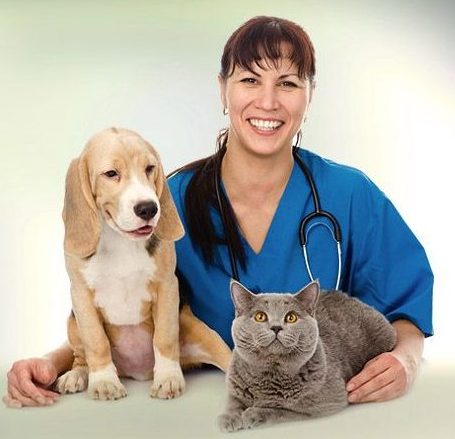
Lo
Neutering for pets is a common procedure that is important for the long-term health and well-being of your furry friend. Neutering involves surgically removing either the testes or the ovaries and uterus of an animal, usually a dog or cat. There are many benefits to neutering your pet, such as reducing their risk of cancer, controlling their behavior, and preventing unwanted litters. It is recommended that pet neutering be done at a young age, but it can be performed at any time. In this blog post, we will provide all the information you need to know about neutering for pets, including when it should be done and the potential risks involved.
Dogs
What to Do With Your Dog’s Body After Death: A Guide for Pet Owners
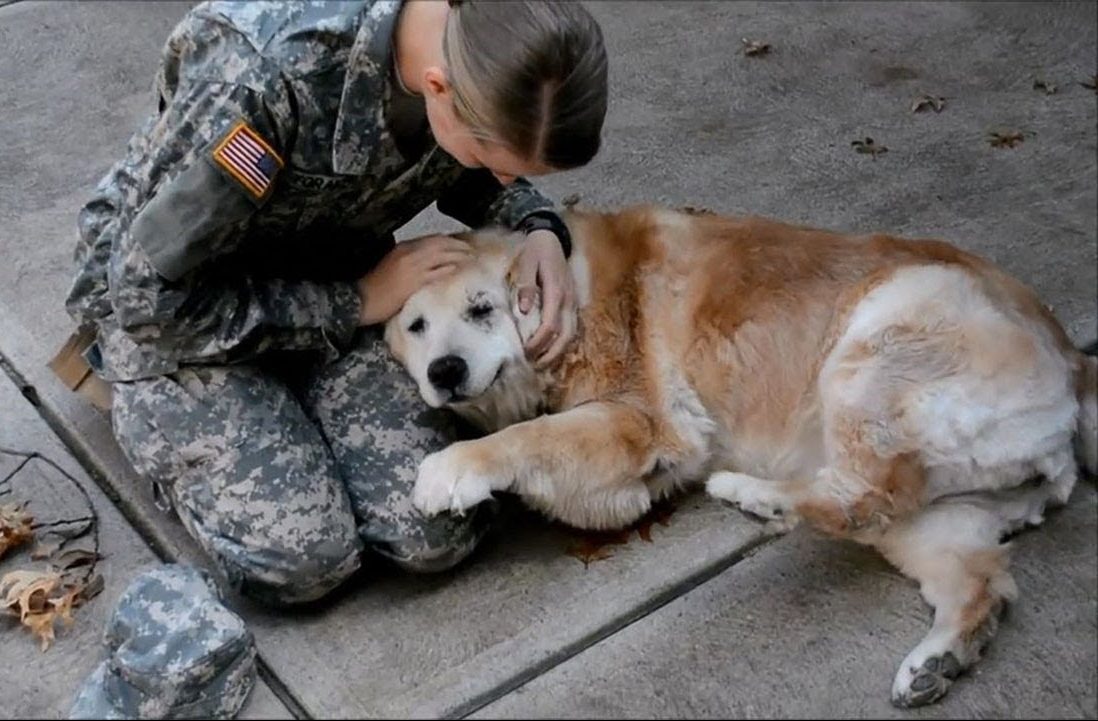
My dog died, and I’m not sure what to do with their body. It’s a heartbreaking moment for any pet owner, and the uncertainty of what to do can make it even more difficult. In this blog post, I’ll provide a comprehensive guide for pet owners on what to do with their dog’s body after death. We’ll cover everything from burial and cremation to taxidermy and memorializing your beloved pet. No matter what you decide to do, I hope this article will help you in this tough time and provide you with the resources you need to properly honor your pet’s life.
Dogs
Keep your distance: signs that you should keep away from your furry friend
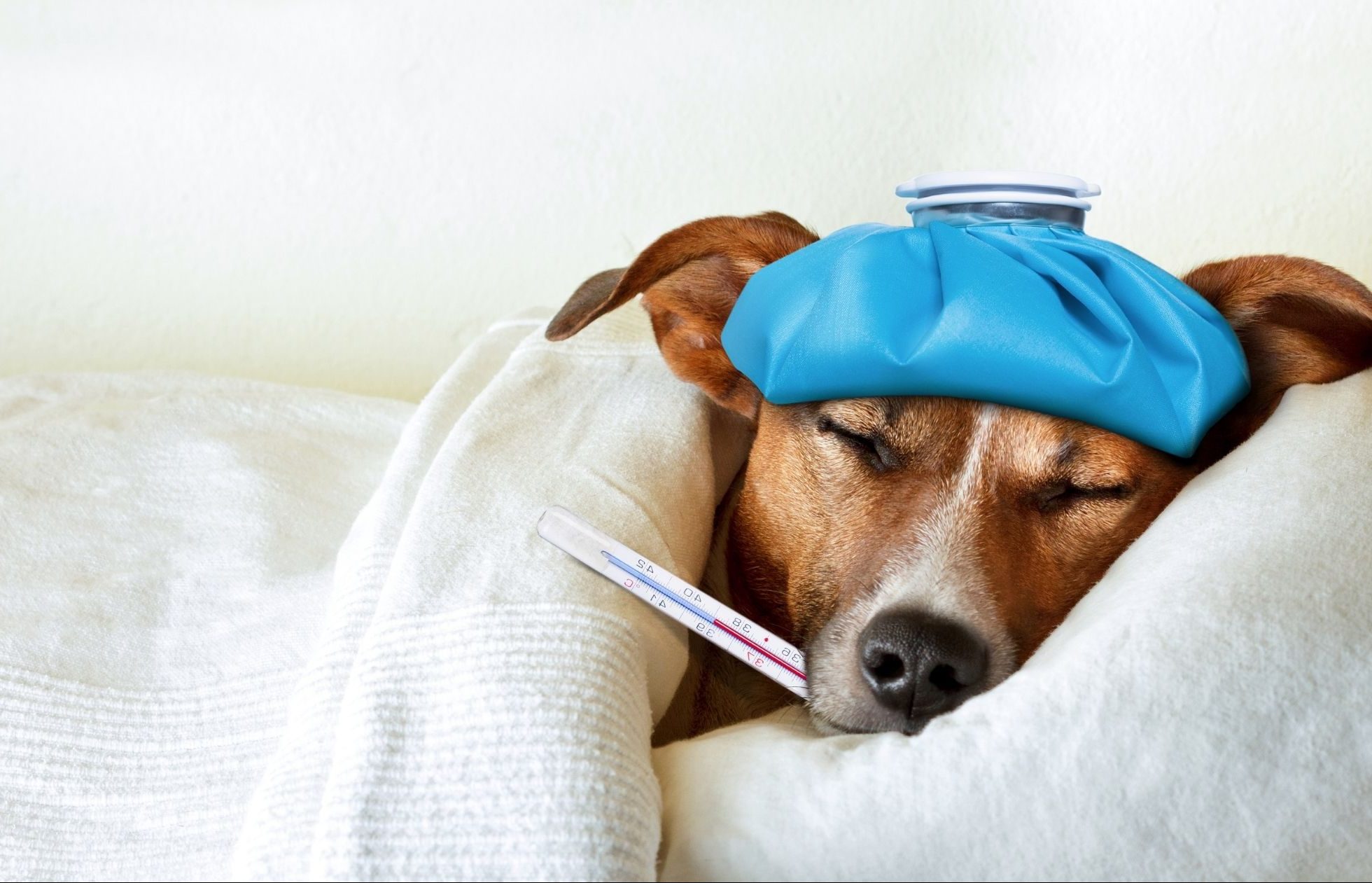
When your pet displays certain symptoms, it is important to stay away to protect yourself and your pet. If you observe any of the following pet symptoms, it’s best to keep your distance until the issue has been addressed: lethargy, vomiting, diarrhea, excessive scratching or licking, shaking or trembling, sudden changes in appetite, coughing, sneezing, or discharge from the eyes or nose. Taking steps to stay away from your pet during these times will help to ensure the safety of both you and your furry friend.
Coughing and sneezing
Coughing and sneezing are common symptoms that our pets may experience from time to time. Just like us, they can catch colds or suffer from allergies, leading to these respiratory issues. While coughing and sneezing can be relatively harmless, it’s still important to take precautions to protect both you and your furry friend.
When your pet starts coughing or sneezing, keeping your distance is best. This is especially true if they have any other symptoms such as discharge from their nose or eyes, difficulty breathing, or lethargy. Coughing and sneezing can be signs of more serious underlying conditions such as respiratory infections or allergies. In some cases, they may even be contagious to humans, so it’s crucial to avoid close contact until you can consult a veterinarian.
Remember to provide a comfortable and clean environment for your pet to help alleviate their symptoms. Keep an eye out for any changes in their condition, and if their coughing or sneezing worsens or persists, make sure to seek professional help. Taking these precautions will help ensure the well-being of your pet and minimize any potential risks to yourself.
Trending

 Cats1 year ago
Cats1 year agoDon’t Feed Your Cat These 8 Foods!

 Cats11 months ago
Cats11 months agoWhy Do Cats Spray and How Can You Stop Them? Insights into Urine Spraying in Male Cats

 Cats10 months ago
Cats10 months agoThe Ins and Outs of Cat Sterilization: Removing the Female’s Ovaries

 Cats10 months ago
Cats10 months agoPre-Vaccination Prep: Getting Your Cat Ready

 Cats9 months ago
Cats9 months agoWhy Kittens are Born Dead or Deformed

 Dogs10 months ago
Dogs10 months agoWhat to Do With Your Dog’s Body After Death: A Guide for Pet Owners

 Cats9 months ago
Cats9 months agoSigns of Cat Pregnancy Week by Week

 Dogs10 months ago
Dogs10 months agoEverything You Need to Know About Neutering for Pets




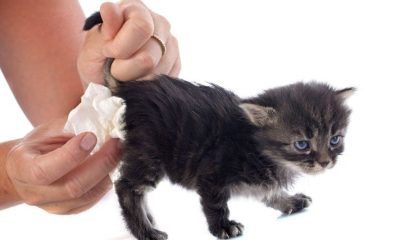



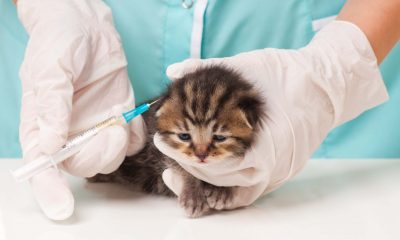



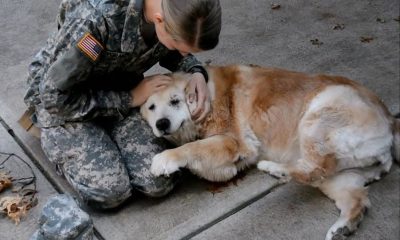





5 Comments